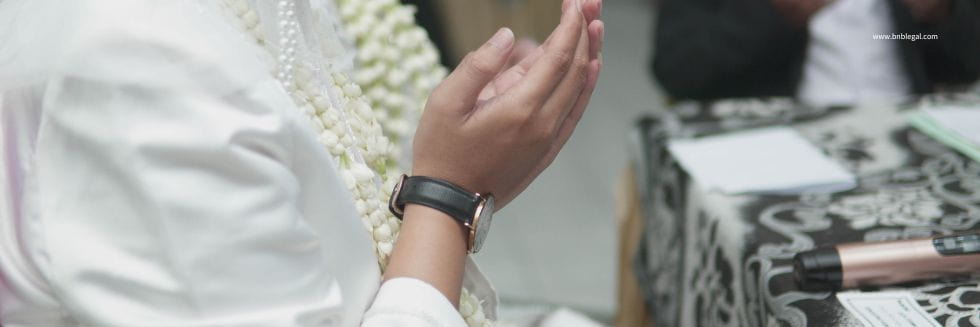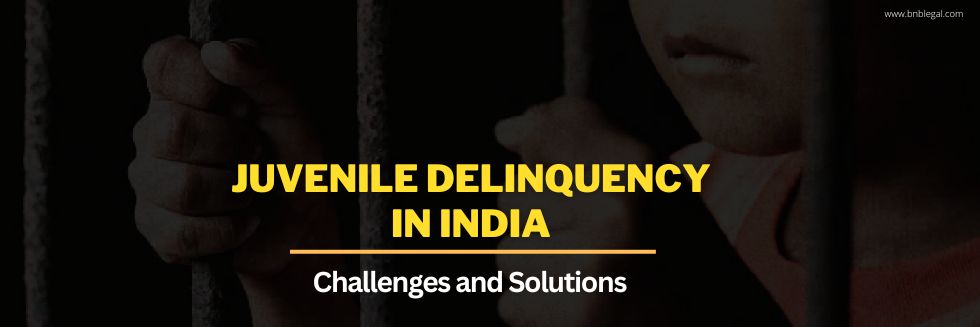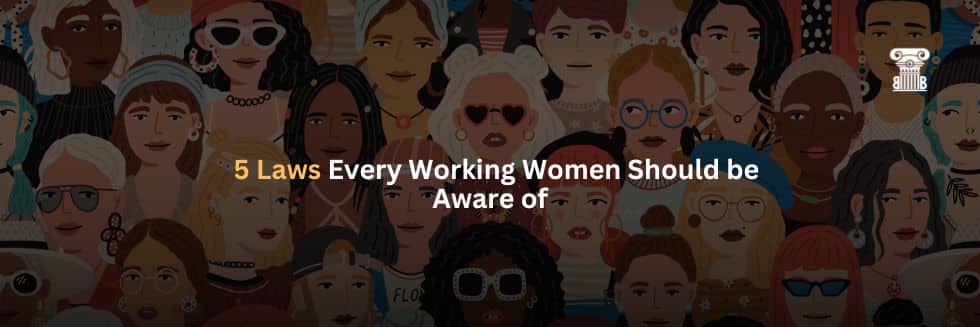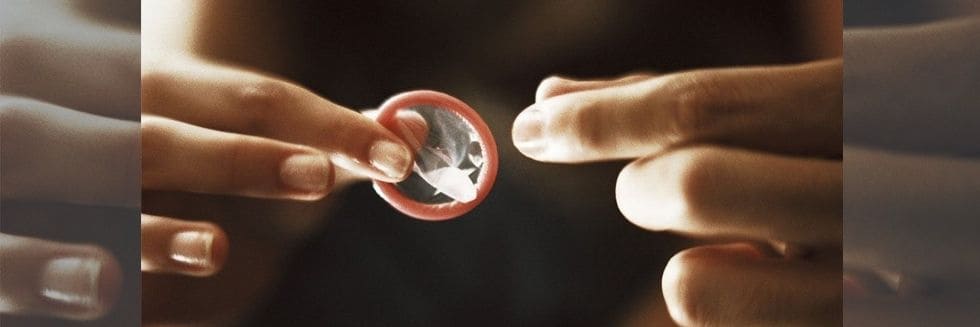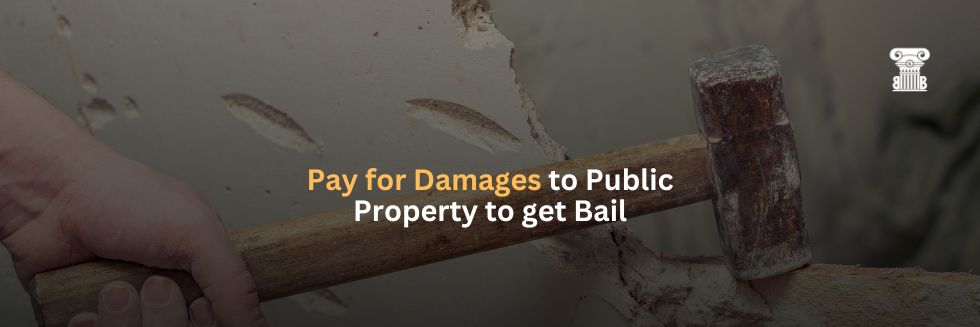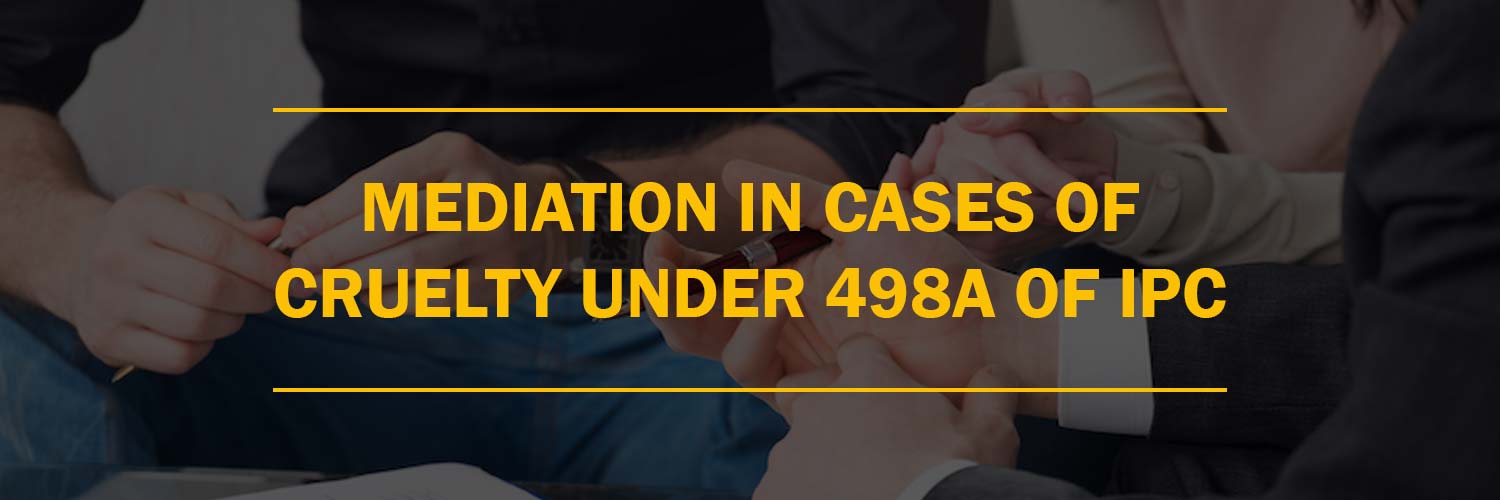Introduction:
In the tapestry of our Indian society, the threads of tradition, religion, and constitutional ideals frequently interweave, sometimes harmoniously, sometimes discordantly. The tradition of Nikah Halala is one such knotted knot within this complicated weave, one that has sparked debates questioned customs, and cast a long shadow on the principles of female equality and personal liberty in the world’s greatest democracy.
For the uninitiated, Nikah Halala is a ritual in some Islamic traditions in which a woman who has been divorced by her husband is not permitted to remarry him unless she marries another man and consummates that marriage. This intricate ceremony, which frequently requires a woman to marry and divorce a stranger in order to return to her previous husband, has generated serious concerns about gender discrimination, religious freedom, and the very nature of individual liberty. It is a painful witness to India’s constitutional quandary, which we will explore in this article.
India, a country that takes its strength from its people’s complex and often multilayered diversity, is framed by a constitution that prioritizes equality, non-discrimination, and personal freedom. Articles 14, 15, and 21 define the axis of our debate and are at the centre of our constitutional fabric. The practice of Nikah Halala contradicts these constitutional norms, resonating in courtrooms and public debates as a striking reminder of the ongoing tug-of-war between religious customs and the principles of a modern democratic republic. It’s a conundrum that necessitates reflection, interpretation, and possibly, reform.
In this article, we’ll get to the heart of this constitutional quandary, delving into the nuances of Nikah Halala, its consequences for women’s dignity, and the legal and social complexities that surround it. We will examine how it may violate the constitutional ideals of equality and personal liberty, providing a broad view on a topic that continues to elicit thought and debate in India’s diverse terrain.
Nikah Halala Not Sanctioned By The Holy Quran:
The term Halala is not found in the Holy Quran. It derives from the phrase “Halal,” which means “what Allah has made lawful in his book.” A cursory reading of Quranic verse 2:230 demonstrates unequivocally that the Holy Quran never intended to provide for the commercialization of Nikah-Halala. In fact, the drafters’ legislative goal and objective were diametrically opposed. This can be inferred from the addition of the words “if the latter husband divorces her or dies, there is no blame upon the woman… “, implying that the verse provides a safety net for Muslim women who marry for the second time with the sole intention of living with the second husband.
Nikah Halala is a practice that is open to interpretation and discussion under Islamic jurisprudence, and its permissibility differs among Islamic schools of thought. Some say that Nikah Halala is not explicitly sanctioned by the Holy Quran, whilst others argue that it may be permissible under specific conditions based on their understanding of Islamic law.
The concept of “triple talaq” which has been already held unconstitutional is frequently related to Nikah Halala. When a man declares triple talaq to divorce his wife, she is unable to remarry him until she has married another man, who then divorces her, allowing her to remarry her first husband. This practice is not uniformly accepted among the Islamic community, and interpretations of Islamic law concerning divorce and remarriage can differ greatly.
For a variety of reasons, this concept is inherently wrong. One of them is the woman going through a divorce over which she had no control, marrying another man, consummating that marriage, getting divorced from the new partner, and then remarrying the former husband – all because the man made an irrational decision. As a result, Nikah Halala is not a required religious activity in the Muslim religion. In fact, Prophet Muhammad (Peace Be Upon Him) had clearly prohibited such an idea, in the following words-
“Curse be upon the one who marries a divorced woman with the intention of making her lawful for her former husband and upon the one for whom she is made lawful. ”
Views on Nikah-Halala:
A critical and careful reading of the Holy Quran indicates that there is a significant difference between what is practiced in the name of Nikah-Halala and what Islam teaches, because marriage, according to the Quran, is not temporary. In such marriages, the participants’ free will cannot be discerned because the women are frequently enslaved by local Maulvis who hide behind the thinly disguised word of male prostitution, which is also harshly forbidden by the Holy Quran.
To save these marriages, Maulvis (religious teachers) are giving one-night stands to divorced women in order to help them re-establish their marriages with their spouses. They charge between Rs. 20,000 and Rs. 1.5 lakh to partake in the Nikah halala process. These Maulvis offering sex do not have to be unmarried.
Several Muslim Clergies Have Also Spoken Out Against This Heinous Behaviour:
According to Maulana Maqsood-ul-Hasan Qasmi, Head of the Imam Council of India, “This is lust in action. It is not permitted in Islam. This is a criminal offence committed in the name of religion.”
The Gharib Nawaz Foundation’s Maulana Ansar Raza stated, “These people should be kicked out of mosques. They should be arrested. He has urged for the swift excommunication of religious scholars who give themselves for Nikah halala. They should be expelled from mosques. They should face rape charges. Nikah halala is a backwards, un-Islamic practice.”
Businessman Zafar Sareshwala, who was chancellor of the Maulana Azad National Urdu University (MANUU), Hyderabad stated, that these people should be put in jail and charged with rape, demanding strong action against men participating in Nikah halala for one-night stands.
The Islamic Sharia Council in East London, England strongly condemns halala marriages. “This is a sham marriage, it’s all about making money and abusing vulnerable people,” says Khola Hasan of the organization. “It’s haram, forbidden. There is no other name for it. There are other possibilities, such as seeking assistance or counselling. We would never let someone go through with it. You don’t need halala in any case,” she continues.
Nikah Halala Is Violative of Fundamental Rights:
It is difficult to merge the practice of Nikah-Halala into the modern world in this age of rising feminism and an emphasis on equality and human rights. The Sabarimala Judgement beautifully crafts the current stream of thought opining that society must shift its perception from being the propagator of hegemonic patriarchal notions of demanding more exacting standards of purity and chastity solely from women to being the cultivator of equality in which women are not considered frail, lesser, or inferior to men.
Article 14 (Right to Equality) – the practice of Nikah Halala places women at a disadvantageous position. They are not treated on an equal footing with the men in the community. Article 14 also offers equal legal protection to all individuals. Nikah Halala denies women equal legal protection by subjecting them to a process that does not apply to men. It leads to unequal treatment, which violates the constitutional norm of equality.
Article 15(1) (Right against Discrimination) – a woman is subjected to arbitrary judgments made by her spouse for which she bears the consequences. Nikah Halala is arbitrary and unfair since it puts a condition on women that does not apply to men. Men do not need to go through the same procedure when remarrying their ex-wives. Article 15 is violated by this gender discrimination. In divorce and remarriage cases, this practice discriminates against women and treats them differently than men.
Article 21 (Right to Life) – This fundamental right includes more than just animal existence. The right to life encompasses the right to a dignified existence. The practice of Nikah Halala is disrespectful to a woman’s dignity. Nikah Halala violates individuals’ personal liberty, particularly women’s, by regulating whom they can and cannot marry and imposing remarriage conditions. This interference with personal choices is contrary to the constitutionally protected ideal of individual liberty.
Section 2 of the Muslim Personal Law Application Act, 1937, insofar as it seeks to recognize and validate the practice of Nikah-Halala as a mode of re-marriage is unconstitutional and violative of Articles 14, 15 and 21 of the Indian Constitution. Aside from endangering public order, morals, and health, the practice violates a woman’s fundamental right to life and liberty, as provided by Article 21 of the Indian Constitution. For lack of a better analogue, the practice of Nikah-Halala can be directly likened to the heinous Hindu tradition of human sacrifice known as “Sati,” which was prohibited in 1829. It is time to prohibit and proclaim illegal the practice of Nikah-Halala as it is violative of the Fundamental Rights guaranteed under Articles 14, 15 and 21 of the Indian Constitution.
Nikah Halala As Rape:
The practice of Halala is terrible and insulting to the honour of both men and women. Nikah Halala effectively allows the emotional, spiritual, and physical disrobing of a woman victim, casting a gloomy shadow on the State’s duty to accept and tolerate rapes in the name of religion. In all fairness, this Islamic practice must be classified as rape under Section 375 of the Indian Penal Code, 1860. None, however, envisions the practice of Nikah Halala unless the lack of a woman’s will or consent is demonstrated.
Explanation 2 to Section 375 defines consent as an unambiguous voluntary agreement in which the female’s willingness to participate in the specific sexual activity is clearly expressed, and it rejects the proof of the female’s absence of physical opposition to the act of penetration as a test to determine the female’s consent to engage in the sexual act. However, Nikah-Halala may be defined as a woman’s voluntary participation following the free exercise of her intelligence, based only on the reasonable conviction that her religious conventions require her to undergo such a process of purification which is no more than a gruesome rape.
In another case, where a female is forced to marry again with her relatives under the guise of Nikah-Halala, it is impossible to distinguish free choice as stated in Section 375(1) of the IPC. In all of these circumstances, it is impossible to show and prove the presence of free will or consent beyond a reasonable doubt. Hence, either Section 375 of the IPC has to be amended so as to incorporate such peculiar situations of consent obtained on the basis of religious customs and beliefs or the religious practice of Nikah-Halala be banned altogether. Evidently, the latter appears to be an organic and easier choice.
Conclusion: A Call for Justice And Reform
The tradition of Nikah Halala is a dissonant chord in the delicate tapestry of Indian society, challenging the ideas of equality, personal liberty, and human dignity that are sewn into the very fabric of our constitution. As we close the curtains on this debate, it is critical to consider the constitutional quandary that this practice represents, as well as the tenacity of the women who have borne its brunt.
Nikah Halala, while subject to several interpretations within Islamic jurisprudence, has garnered attention for its impact on women’s lives. This practice, which the Holy Quran does not specifically sanction, raises severe concerns regarding gender discrimination, individual liberty, and the very core of religious freedom. It is crucial to recognize that there are differing views on Nikah Halala within the Muslim community, with some campaigning for its reform or abolition and others arguing for its preservation. The range of viewpoints emphasizes the importance of open and courteous community conversation.
As we traverse this constitutional quagmire, it is critical to underscore that the constitutional ideals of equality and personal liberty must take primacy. In many cases, Nikah Halala violates these values by subjecting women to conditions and procedures that are not imposed on men, resulting in gender discrimination and infringing on women’s dignity and autonomy. It is critical to understand that different Muslims have opposing opinions on Nikah Halala, with some advocating for its reform or abolition and others fighting for its retention. The diversity of opinions underlines the significance of open and courteous communal dialogue.
As we navigate this constitutional minefield, it is vital to emphasize that the constitutional objectives of equality and personal liberty must take precedence. In many circumstances, Nikah Halala contradicts these values by subjecting women to conditions and processes that males are not subjected to, leading to gender discrimination and an infringement on women’s dignity and autonomy.
Finally, we must respond to the cry for justice, reform, and a caring reinterpretation of traditions in order to ensure that the objectives inscribed in our constitution are respected and that women’s dignity and rights are preserved and protected. It is time to bridge the gap between tradition and constitutional ideals, allowing the threads of gender equality and human rights to be sewn into the tapestry of our society.
This article is written and submitted by Sanskar Singhal during his course of internship at B&B Associates LLP. Sanskar is a 5th Year BBA LLB student at Geeta Institute of Law, Panipat.
